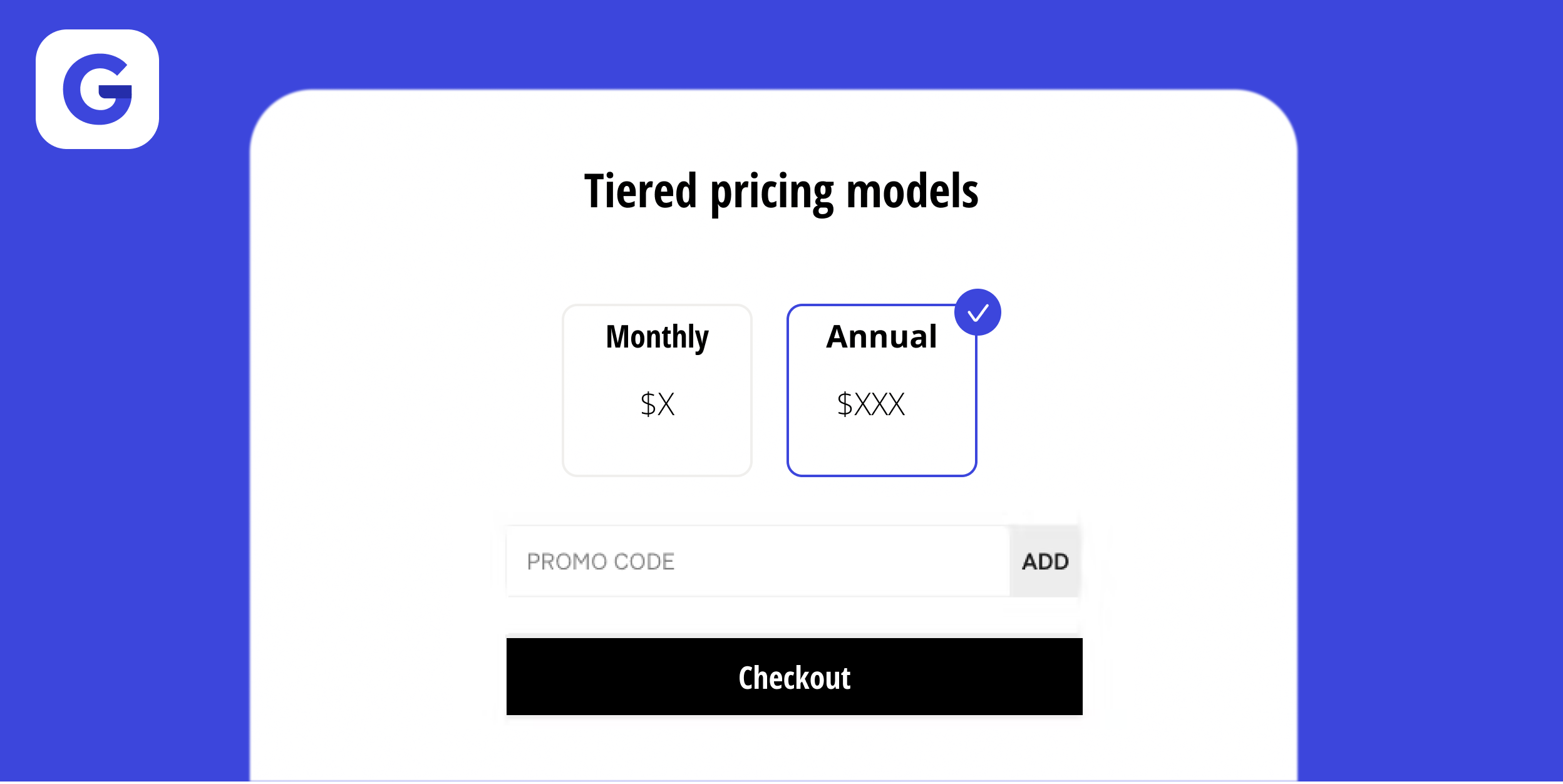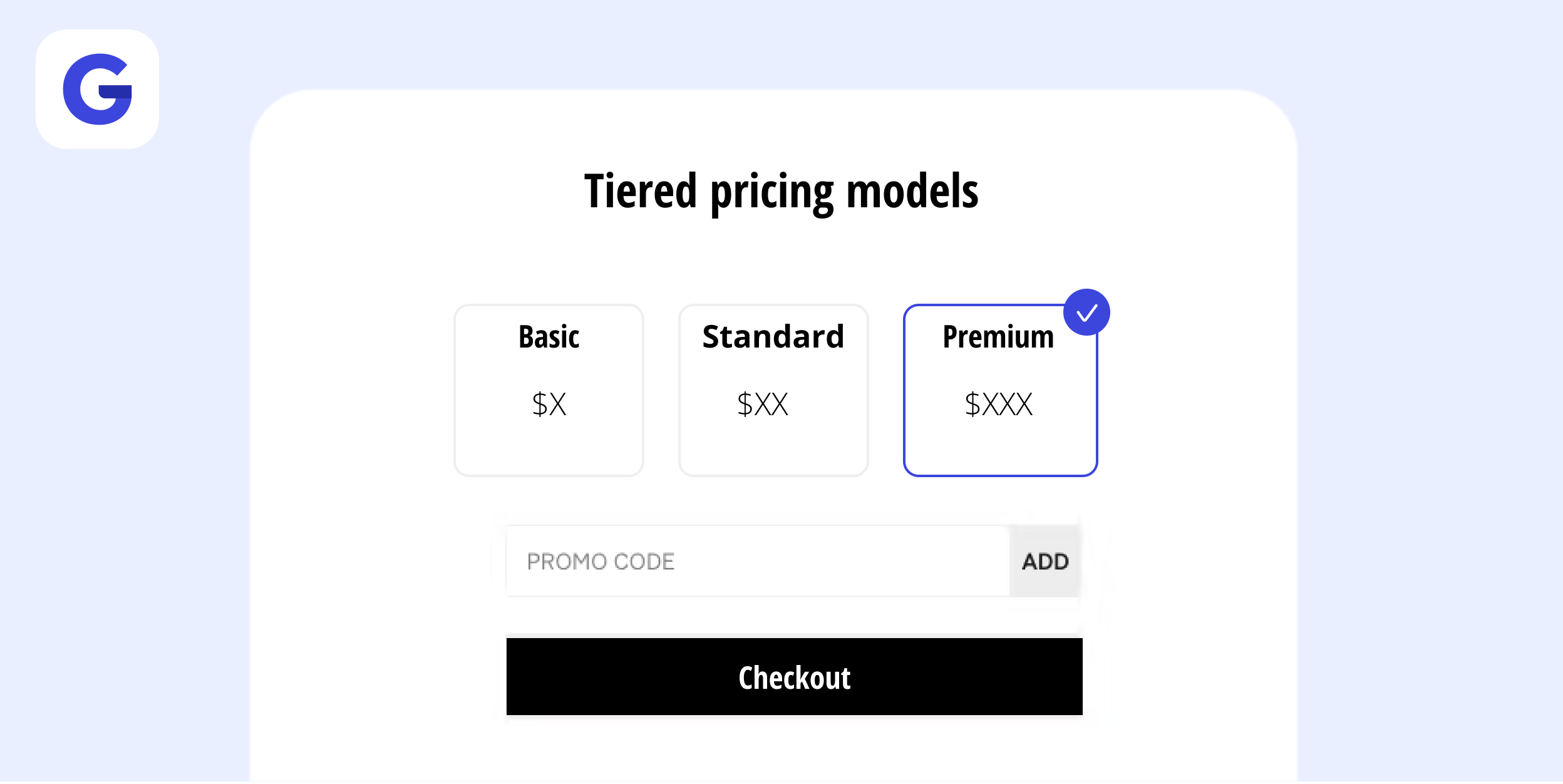
What is a Payment Gateway and Why Your Business Needs One
Any business that accepts cashless transactions needs a payment gateway. A payment gateway is a tool that captures card information and securely transfers payment data from a customer to the acquirer, and then transfers the payment acceptance or decline back to the customer. If approved, the funds transfer to your business account. Why do you need a payment gateway? A payment gateway is necessary to validate a customer’s card details securely, ensuring funds are available for the purchase — s
by Growpay
Any business that accepts cashless transactions needs a payment gateway. A payment gateway is a tool that captures card information and securely transfers payment data from a customer to the acquirer, and then transfers the payment acceptance or decline back to the customer. If approved, the funds transfer to your business account.
Why do you need a payment gateway?
A payment gateway is necessary to validate a customer’s card details securely, ensuring funds are available for the purchase — so that you get paid. Effectively, a payment gateway is a middle man that ensures the transaction is carried out quickly and securely.
In the process of validating the card, a payment gateway encrypts sensitive credit card details and then passes the information securely from the customer to the acquiring bank, via the merchant.
However, as a standalone piece of technology, a payment gateway cannot process transactions. A merchant account is required.
What is a merchant account?
A merchant account is a dedicated bank account that your business must have in order to accept card payments from your customers. Funds from your customers are settled and held in this account for approval before they are transferred to your business bank account.
Small businesses can find it difficult to be approved for merchant accounts, due to the amount of information required by banking institutions. Historical financial details — including yearly turnover and average transaction values — are typically required, which a new business that just started simply does not have.
How does a payment gateway work?
The steps are as follows:
- The buyer makes a purchase by tapping, dipping or swiping their credit card or debit card to a payment terminal.
- The payment gateway transfers the card details securely to the acquiring bank (the merchant’s bank).
- The acquiring bank then sends the data to the card network (Visa, MasterCard, EFTPOS or American Express).
- At this point, the transaction information goes to the payment switch.
- The payment switch routes the transaction to the issuing bank — the bank that issued the card to the card network.
- The issuing bank conducts fraud checks, and ensures that the buyer has adequate funds in their account for the purchase.
- The issuing bank approves or rejects the transfer, and transmits the message to the card network and then to the merchant bank. If the payment is authorised, the funds will go from the issuing bank then held in the merchant account until settlement.
- It is important to note that credit card payments and debit card payments are treated slightly differently. When a customer pays via credit cards, the funds are placed on hold by the bank and the merchant does not receive payment until the appropriate checks have been conducted. On the other hand, debit card payments may be authorised and settled immediately — as the funds are already available in the customer’s account, ready to be spent.
- Once business wraps up for the day, payment reconciliation occurs. All transactions are cross-checked with the payment gateway statements and the merchant’s account. A batch capture or clearing file for all pending card transactions is completed. At this point, pending funds that had been placed on hold become available to the merchant.
Choosing the right solution for your business
Growpay is a great resource to help you compare payment gateways and find the best solution for your business. Research is key when selecting the payment gateway that best suits your business. It’s important to understand the costs involved, including initial setup costs, transaction fees, integrations available and admin costs.
Another factor to consider is how quickly funds are made available to you. Depending on which payment gateway and merchant account provider you select, you could be waiting multiple days for funds to become available for you to spend.
Merchants are often required to piece together multiple products to create a complete business financial solution, adding unnecessary layers of complexity that often result in longer processing times.
About Growpay
Growpay is an online marketplace, helping simplify payment discovery for businesses worldwide. For more information, visit www.growpay.co.
Relevant Articles

Understanding Subscription Billing Solutions
Subscription billing has become increasingly popular in recent years, with more and more businesses adopting this model to offer their products or services. From streaming platforms to software companies, subscription-based business models have proven to be successful and profitable. However, managing subscription billing can be complex and time-consuming without the right solution in place. In this blog post, we will dive deep into the world of subscription billing solutions and explore why bu

Why Businesses Need Recurring Billing Software in 2024
In today's fast-paced business environment, businesses are constantly looking for ways to optimize their processes and improve their bottom line. One area where efficiency can be greatly enhanced is in billing and payment management. Recurring billing software offers a powerful solution for businesses that have recurring revenue streams, such as subscription-based services or membership programs. With the ability to automate invoicing, manage subscriptions, and integrate with multiple payment g

Payment Acceptance for Businesses
In today's fast-paced and digital world, businesses need to stay ahead of the curve when it comes to accepting payments. Offering multiple payment options is no longer a luxury but a necessity for any successful business. Whether you're a brick-and-mortar store or an online retailer, understanding payment acceptance and setting up the right systems can make a significant difference in your bottom line. In this blog post, we will explore the importance of payment acceptance for businesses and wh